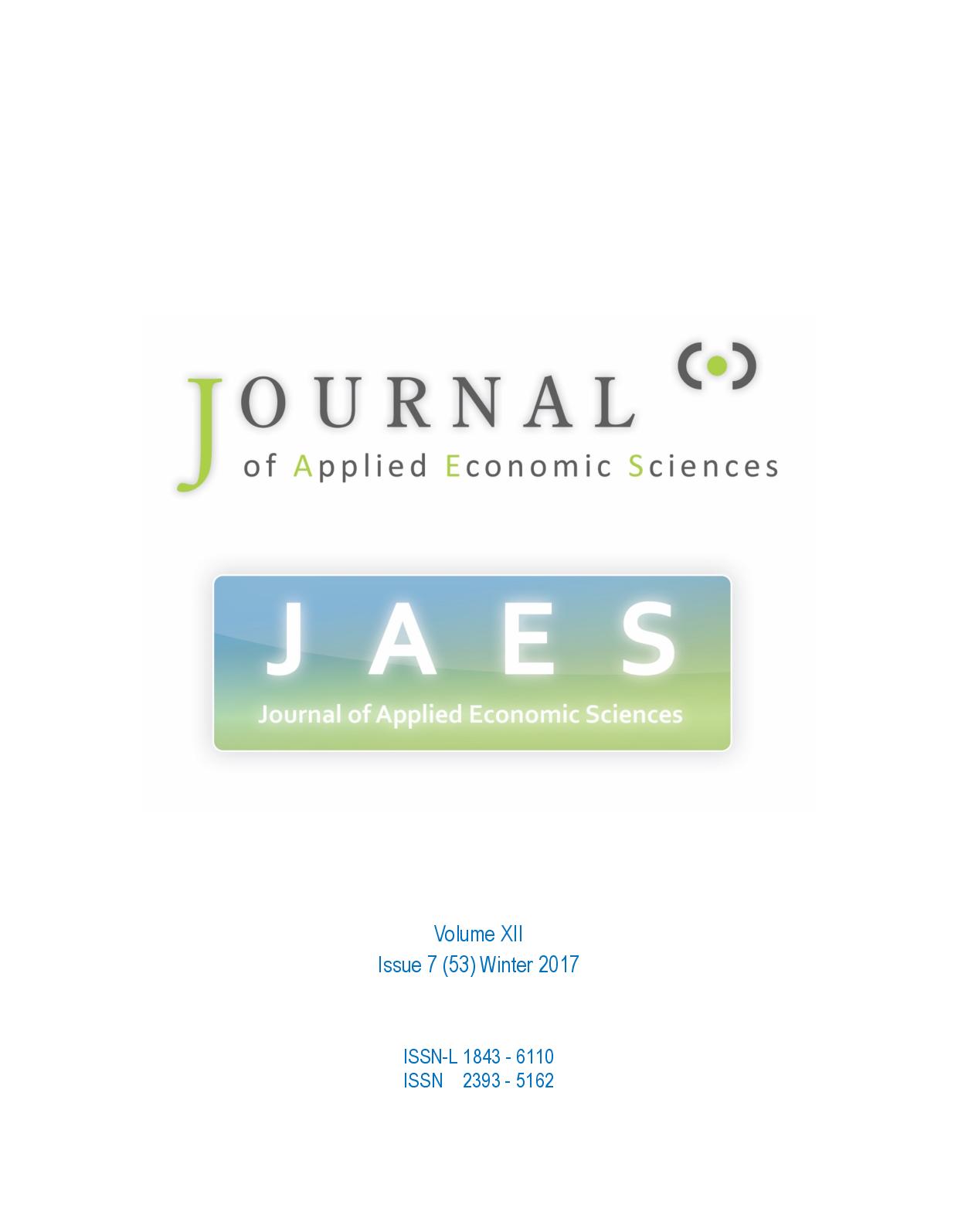The Profile of an Expatriate in South Korea: Evidence from The Korean TNC’s Employee’s Survey
The Profile of an Expatriate in South Korea: Evidence from The Korean TNC’s Employee’s Survey
Author(s): Olga ShvetsovaSubject(s): Economy, Labor relations, Human Resources in Economy
Published by: RITHA Publishing
Keywords: human resource management; status-certainty-autonomy-relatedness-fairness model; labor force mobility; expatriates; South Korea; Fourth Industrial Revolution;
Summary/Abstract: The purpose of this paper is to investigate the modern trends in managing expatriates in South Korea, explore new tendencies and perspectives, and create expatriate profile. Specifically, this study discusses “status-certainty-autonomy-relatedness-fairness” (further – SCARF) model of David Rock and seeks answers for two questions: What kind of factors influence managing expats? What is the profile of expatriate in South Korea according to the Fourth Industrial Revolution? This paper employs a single research design based on field survey to gain an in-depth understanding. The findings reveal that South Korean companies use a specific human resource management (further – HRM) approach to managing expatriates, which is based on core competences and very close to the tasks of the Fourth Industrial Revolution. The single country (South Korea) and two Korean companies are research limitations. Findings of this paper include labor migration survey, in-depth interview of expatriates, new approach to managing expatriates in South Korea. Future research is needed to study more cases of foreign countries for comparative analysis.
Journal: Journal of Applied Economic Sciences (JAES)
- Issue Year: XII/2017
- Issue No: 53
- Page Range: 1943-1955
- Page Count: 13
- Language: English

